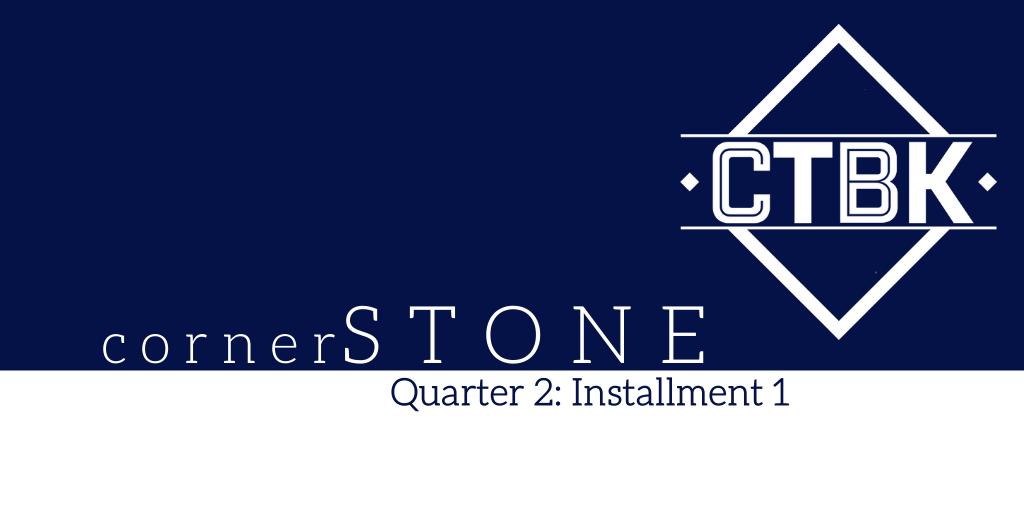
The individual federal lifetime estate tax exemption is at an all-time high of $11.6 million. The high lifetime exemption, coupled with lower asset prices, creates a good opportunity for owners of closely-held family businesses to execute estate plans. Executing an estate plan can relieve families of the burden of estate taxes, align assets to ensure business continuity and serve to educate future generations on the patriarch’s or matriarch’s wishes.
All else being equal, a closely-held business is worth less at the time of this writing than it was at the end of 2019. Empirical data used in valuations has increased risk premiums, which will generally result in lower valuations. In addition, declining activity in private markets could increase applicable discounts, further lowering the value of an enterprise. Ultimately, while we would rather not be in these pandemic times, it presents an opportunity for savvy business owners to execute estate planning strategies to mitigate estate tax, align business interests for future generations and implement business continuity plans.
Federal Estate and Gift Tax Exemption
The current federal estate and gift tax exemption is $11.6 million for individuals and $23.2 million for married couples as of June 2020. This is an all-time high, as the exemption for individuals was $675,000 in 2001 and $5.5 million in 2017. The 2017 Tax Cuts and Jobs Act raised the exemption to its present level, but it is scheduled to sunset in 2025. At that time it will fall to $6 million, but political pressure could reduce it sooner. As the current political climate shows, there is currently a strong anti-wealth sentiment in the United States.
The recent aggressive stimulus enacted due to COVID-19 has also pushed deficits higher, and may cause lawmakers to reconsider maintaining a gift and estate tax exemption that is significantly above its historical levels. If a new administration or a new Congress acts to reduce the estate and gift tax exemption earlier than planned, individuals with more than $6 million in assets would benefit greatly by transferring their wealth now.
In New York State, the exemption is approximately $5.9 million, but gifts made within three years of death are considered when calculating the estate tax. This policy is directly aimed at families that wait until the end is within sight to begin the process of transferring wealth to the next generation. As a result, it is wise to begin the transfer process well before the family patriarch’s or matriarch’s health begins to decline. Such strategies do not necessarily involve giving up control over investments, and often work best when used proactively.
The following example illustrates the potential consequences of waiting too long to engage in estate planning. Say that FamilyCo is a privately-held family business valued at $11.5 million in June 2020. The company’s sole shareholder is also the family patriarch. For simplicity, we will assume the estate has no other assets.
- Scenario 1: The family does not engage in estate planning, and the sole shareholder passes away in June 2021. However, in February 2021, a new federal administration reduced the federal gift and estate tax exemption to $6 million earlier than planned due to budgetary constraints and popular opinions regarding wealth inequality. As a result, the deceased’s estate must pay a federal tax on $5.5 million, before consideration of New York State taxes.
- Scenario 2: The sole shareholder transfers his interest in FamilyCo to his son in June 2020, and does not incur any tax obligation on the transfer. When he passes away in June 2021, his estate is unaffected by the recently reduced federal exemption, because the transfer has already taken place. However, the estate still faces a tax obligation in New York, because the transfer occurred within three years of the shareholder’s death. Even though the estate avoided the lion’s share of the tax bill, it still faces a state-level estate tax obligation.
In addition to political uncertainty, the current economic environment is especially attractive for estates which are at or near the exemption threshold. This is because valuations of privately-held businesses are lower in most industries than they have been in recent years.
Capitalize on Lower Valuations
Discount rates used in the valuation of privately-held businesses currently reflect a level of risk that has not existed in more than a decade. This is evident in the public markets, but the impact on small, privately-held businesses is much greater. As we discussed in the previous Cornerstone article, the 2008-2009 recession caused valuations of privately-held companies to decline more steeply than valuations of public companies.
As a result, a business valued at $15 million prior to the COVID-19 pandemic may be worth only $11 million in June 2020. If the ownership of this hypothetical business is transferred in the spring or summer of 2020, then it would not be subject to federal estate taxes. Under almost any other circumstances, the transfer of this asset would be a taxable event for federal purposes.
Another example may serve to illustrate the impact of the current economic climate on valuations and estate planning. For simplicity, we will omit a number of intermediate steps in the valuation process, assume the current gift and estate tax exemption remains in place and the estate has no other assets.
Say that FamilyCo generates stable, annual cash flows of $2.25 million. Aside from its relatively small size, the business does not face a high degree of risk under normal circumstances, and a capitalization rate of 15% is appropriate. As a result, the company is valued at $15 million. However, the macroeconomic environment during the COVID-19 pandemic carries a great deal of systematic risk, and for a brief period of time in 2020, a capitalization rate of 20% is appropriate.
- Scenario 1: The family does not engage in estate planning, and by the time the sole shareholder passes away in June 2021, the economy has recovered. FamilyCo’s pre-crisis capitalization rate of 15% causes the company to be valued at $15 million, and the deceased’s estate must pay a federal tax on $3.4 million, before consideration of New York State taxes.
- Scenario 2: The sole shareholder transfers his interest in FamilyCo to his son in June 2020. Because of the significant systematic risks that exist as of the valuation date, a capitalization rate of 20% causes the business to be valued at $11.25 million. This valuation is just under the federal gift and estate tax exemption, and the transfer is not a taxable event for federal tax purposes. However, as in the previous example, the family still faces an estate tax obligation in New York State because they did not act sooner.
While this example is overly simplistic, it illustrates the impact of macroeconomic factors on the value of individual businesses. The implication for business owners is that the COVID-19 pandemic presents a unique opportunity to minimize gift and estate tax obligations because of uncertainty in the wider economy.
Estate Planning and Capital Gains Taxes
In the examples above, our hypothetical family may have avoided gift and estate taxes through effective estate planning. However, in this scenario, the beneficiaries will be responsible for capital gains taxes.
The capital gains tax, or the tax on the increase in value of the deceased’s assets, will be different depending on the manner in which they are transferred. If the family patriarch had been in possession of his shares until the end, his heirs’ cost basis in the shares would be their value as of the date of death. The heirs may then sell their inheritance without paying any capital gains tax.
If shares in a company are transferred prior to the passing of their original owner, the new shareholder’s cost basis is the same as the original owner’s. Therefore, if the beneficiary of an estate planning transfer sells his or her interest in the company, the capital gains tax will come due at the time of the sale. This is a significant consideration in the estate planning process.
Conclusion
Every estate is unique, and any family’s estate plan must consider their particular needs and circumstances. CTBK has dedicated significant resources to assist our clients with estate planning, and given enough time and proper planning, most estate taxes can be minimized or eliminated. Whether planning for an individual or for a business, CTBK’s professional knowledge and experience makes us uniquely qualified to define areas in which tax savings may be accomplished, while retaining our client’s goals for disposition of his or her property.
